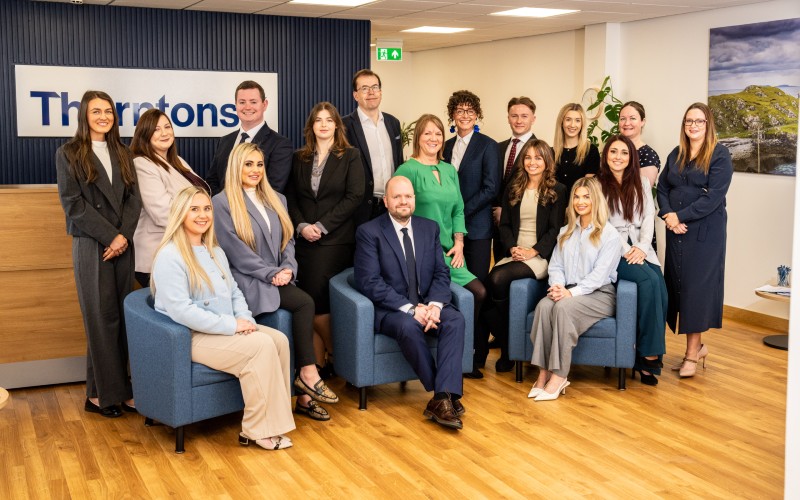Update: European citizens require an ETA to visit the UK from 2 April 2025
From 2 April, European citizens who are visiting or transiting landside through the UK must obtain a...
Keeping you up-to-date with the latest news, views and market commentary on the issues which may impact you and your business.



